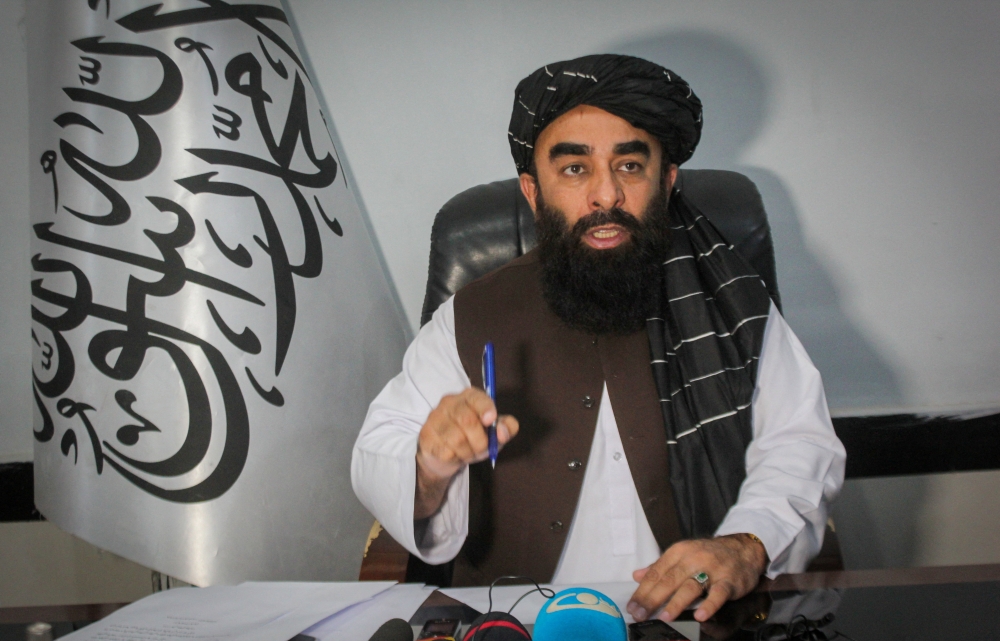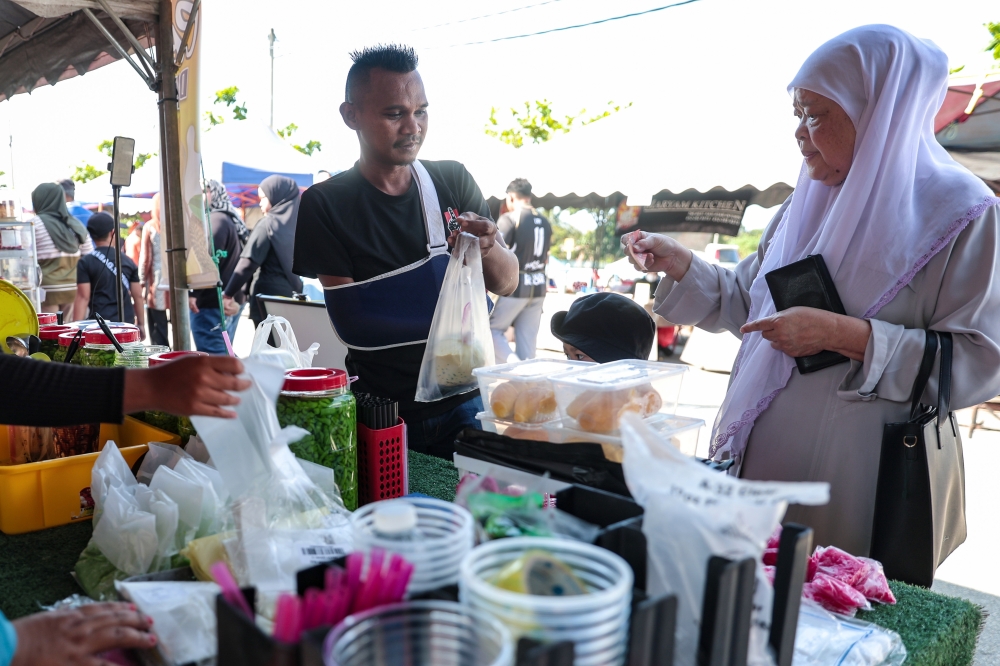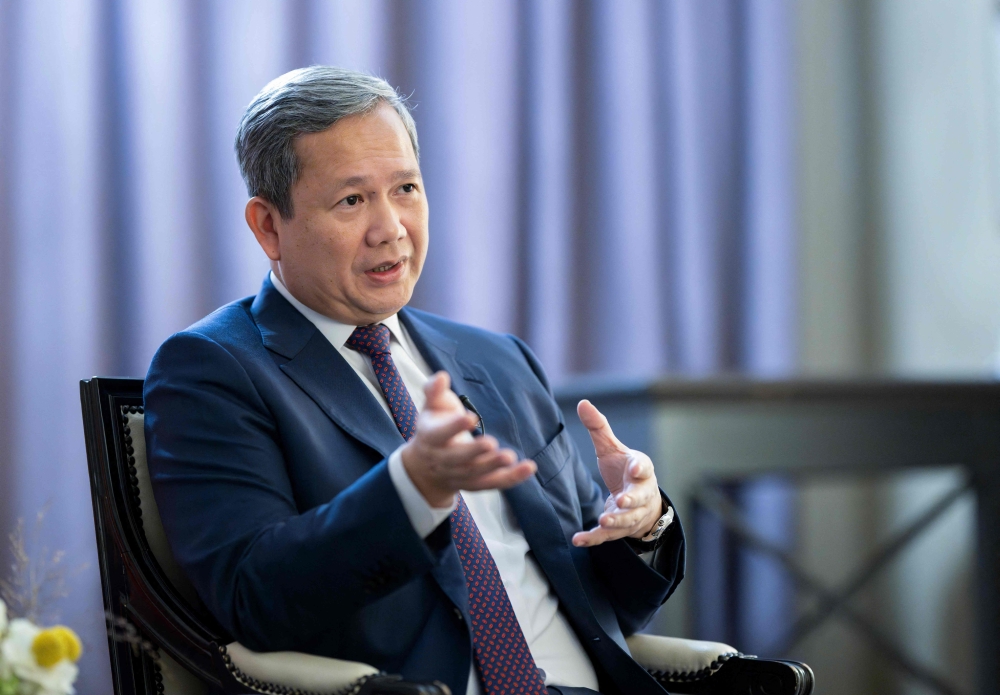In digital silence and darkness, they massacred Tanzanians
The Tanzanian internet shutdown caused great suffering and serious injury through multiple mechanisms, including facilitating mass killings, but Tanzanians have found many ways to fight back and record the evidence.

At about noon on 29 October 2025, Tanzanian authorities, under the presidency of Samia Suluhu Hassan began a six-day internet shutdown as they simultaneously stole elections and orchestrated the worst massacre in Tanzania’s post-independence history. The presidential and parliamentary elections were never expected to be credible given the barring and imprisonment of the opposition, in particular Chadema leader Tundu Lissu, who is charged with treason and facing the death penalty.
What wasn’t expected was the wave of terror that civilians across Tanzania experienced as police, the intelligence services and non-commissioned militiamen shot and killed thousands.

Civilians across Tanzania experienced a wave of violence as police, the intelligence services and non-commissioned militiamen shot and killed thousands. (Photo: Instagram)

Security forces attack civilians. (Photo: Instagram)
The ruling Chama Cha Mapinduzi (CCM) party now joins a host of governing regimes that have used the procedural exercise of elections to destroy democratic gains, consolidate power, purge dissidents and force collective compliance through fear.
Numbers are hard to verify but those who perished in less than a week could be as many as 8,000, merely by adding the numbers obtained by activists, the opposition and whistleblowers. In Dar es Salaam and Mwanza alone, 700 bodies were counted in the morgue two days into the massacre. Many more would be found in hospitals, neighbourhoods, inside homes and on the street in the days that followed.
Official results announced on 1 November claimed Hassan had unrealistically received 97.66% of votes – a result European Union observers condemned as evidence of “fraud unfolding for months” and which a number of international electoral observation missions characterised as lacking credibility. The African Union and the Southern African Development Community observation missions also criticised the elections, claiming that they failed to meet all democratic standards. This was unprecedented.
In the meantime, across Arusha, Dar es Salaam, Mwanza, Shinyanga, Morogoro, Dodoma, Mbeya, Tunduma and Tanga, security forces used live ammunition against protesters, conducted mass arrests and engaged in torture and execution of detainees. Evidence, via images and videos, reveal that many of those killed were shot in the head or torso, confirming the “shoot to kill” orders that human rights activists claimed were given.

Police, the intelligence services and non-commissioned militiamen shot and killed thousands in Tanzania. (Photo: Supplied Instagram)
The gathering of evidence is being constrained by the threats made to doctors across several hospitals in major cities. Doctors have reported being threatened at gunpoint by police officers against revealing any number of deaths. There are also credible reports that victims with gunshot wounds are being collected by security agents from medical facilities and made to disappear. Now the cover-up is occurring. Particularly disturbing are reports of security forces conducting nighttime operations to dispose of bodies. When families later tried to locate remains of relatives killed in protests, they were told bodies had been disposed of in mass graves or dumped at sea to prevent them from becoming “evidence” or sites of protest memorialisation.
Hassan and her murderous cabal believed that turning off the internet and the electricity would shield them from evidence. Social media platforms including X, Facebook, WhatsApp and Instagram became inaccessible. Mobile data services were severely restricted. VPN services that some users tried to deploy to circumvent restrictions were blocked. This lasted for six days, while electricity was also restricted to stop citizens from being able to charge their devices.

Geolocation of footage showing at least two bodies in Tanzania’s Arusha after a protest against the recent election results. (Photo: Instagram)

Heavily armed police, intelligence services and non-commissioned militiamen unleashed a wave of terror killing thousands. (Photo: Instagram)
When the internet was partially restored on 4 November, a police message was sent to all citizens on their phones that read: “Epuka kusambaza picha au video zenye kuleta taharuki au kutweza utu wa mtu. Kufanya hivo ni kosa la jinai na ukibainika hatua kali za kisheria zitachukuliwa.” (Avoid sharing photos or videos that may cause panic or demean a person’s dignity. Doing so is a criminal offence, and if found, strict legal action will be taken). The message was reportedly sent at about 12.57pm and aimed to incur fear and self-censorship.
The internet shutdown, coordinated by the Tanzania Communications Regulatory Authority, served a number of strategic purposes. It prevented protesters from organising and coordinating actions via social media. It blocked real-time documentation and dissemination of security force violence. It cut off international media access to information from the ground. Most critically, it created an information vacuum within which security forces could commit mass atrocities without contemporaneous documentation.

President Samia Suluhu Hassan delivers her remarks during the party’s closing campaign rally in Mwanza on October 28, 2025. (Photo: Michael JAMSON / AFP)
In a digitally connected world, where surveillance tools remain internationally deregulated, a new policy is emerging that could provide the legal framework to hold many to account, in particular the corporations that collaborate with regimes that have dismal human rights records. The International Criminal Court’s Draft Policy on Cyber-Enabled Crimes Under the Rome Statute (March 2025) recognises that “cyber operations can constitute international crimes where they cause serious physical or mental harm, deprivation of liberty, or other severe rights violations comparable to those prohibited under the Rome Statute”.
The Tanzanian internet shutdown meets the criteria for “other inhumane acts” under article 7(1)(k), which prohibits acts “of a similar character” to other enumerated crimes against humanity that “intentionally caus[e] great suffering, or serious injury to body or to mental or physical health”. The shutdown caused great suffering and serious injury through multiple mechanisms.
First, it facilitated mass killings. By severing digital communications, the shutdown prevented real-time documentation of security force violence, disabled protest coordination that might have enabled demonstrators to flee danger zones, cut off access to emergency services for the injured and created an information vacuum within which security forces could kill with reduced risk of contemporaneous documentation. The timing of the shutdown – coinciding precisely with the commencement of mass violence – demonstrates its instrumental role in facilitating murder.
Second, it prevented access to emergency services. With mobile data and internet-based communication platforms disabled, victims of violence could not call for ambulances or communicate with hospitals. Family members could not locate injured relatives or alert others to danger. This denial of access to emergency services directly contributed to deaths of individuals who might have survived had they received timely medical care.
Third, it caused severe mental suffering. Families separated during the violence experienced an agonising inability to determine if loved ones were alive or dead. The complete information blackout, combined with reports of mass killings, created extreme psychological distress. Many families remain traumatised weeks later, uncertain of the fate of relatives who disappeared during the shutdown.
With citizens, NGOs and others moving towards reporting this evidence and sending communications to the International Criminal Court and the United Nations to investigate these atrocities, Hassan will, with great difficulty, hide what occurred and deflect with explanations of foreign meddling and criminal activity. Tanzania has now fully descended into an authoritarian state, careless with its international image, enacting a perceived untouchability regarding serious human rights violations, all on the basis of regime survival and the permanence of the CCM ruling party.
But Tanzanians who were murdered under the cover of darkness and digital silence have found many ways to fight back and record the evidence that will one day bring Hassan and her cabal to face international criminal justice.
[Source: Daily Maverick]






















































